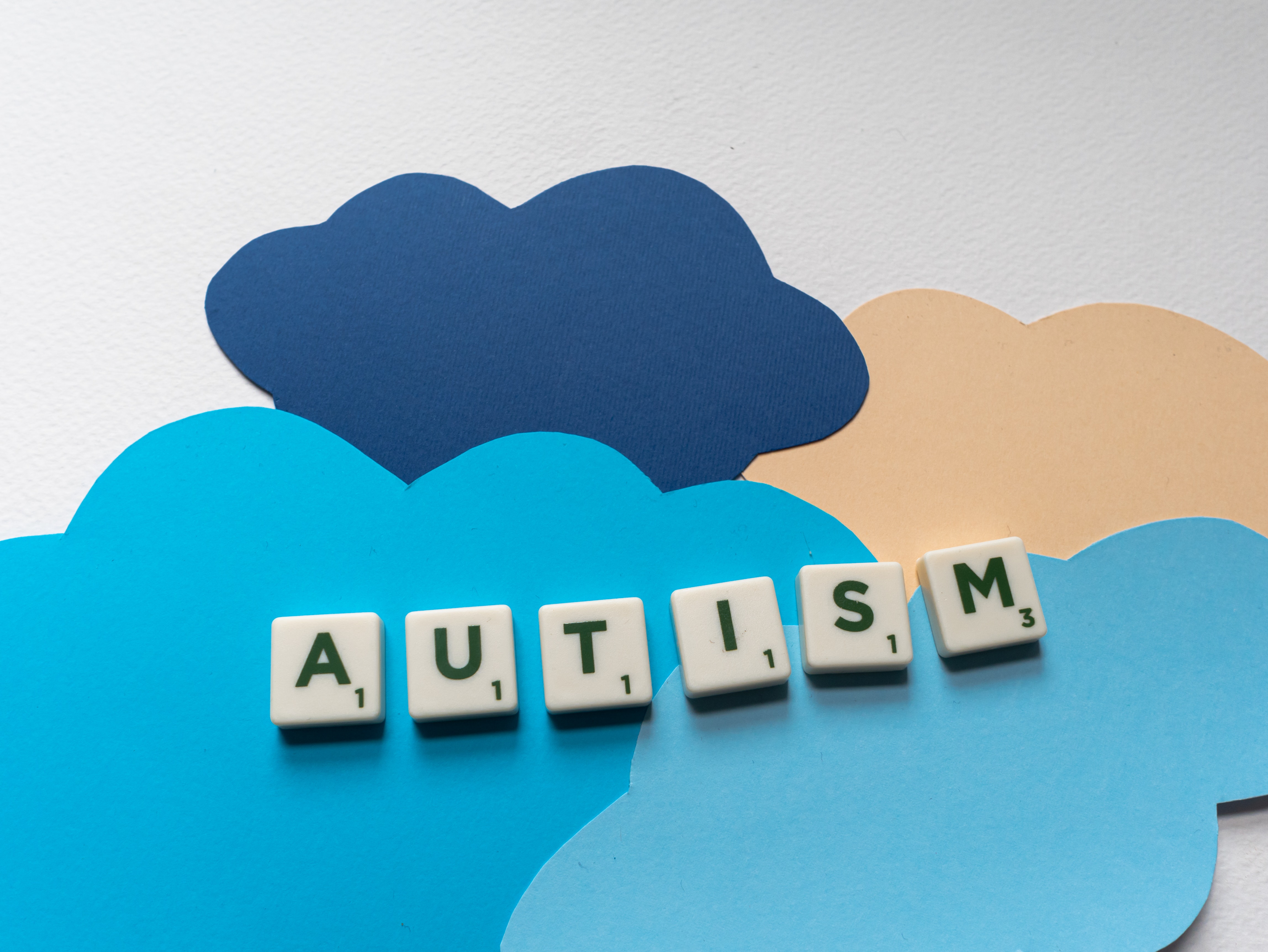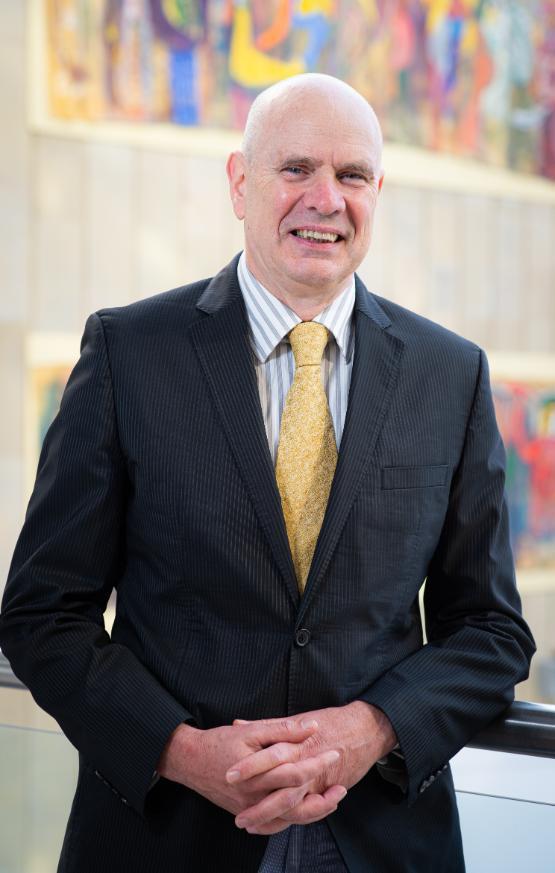Autistic people are 'misunderstood': The 'double empathy' problem

AUTISTIC people are “misunderstood” by society which may lead to poor mental health, according to academic research.
Professor Peter Mitchell, Head of School for Social Sciences at the University of Bradford says autistic people suffer from the “double empathy problem.”
Speaking during World Autism Acceptance Week, Professor Mitchell said: “My work looks at what has been termed the double empathy problem. Not only do autistic people struggle to read others in society, society as a whole finds it hard to understand them.”
His recent research looked at how people who are not autistic respond to videos showing autistic people and found the autistic people were judged negatively. And that this “unconscious bias” can contribute to poor mental health in autistic people.

Professor Mitchell said: “We’ve discovered quite recently that if you show a video of a person and ask the observer how they feel about that person, if the person in the video is autistic, the likelihood is the observer will respond in a negative way, even though they had not been told explicitly that the person in the video is autistic.
“The tendency for autistic people to be judged negatively in this way correlates strongly with it being difficult to infer things about them from their behaviour, like what they are thinking and how they are feeling.
“In short, autistic people are misunderstood and that, in turn, has an impact on mental health in autism.”
Professor Mitchell intends to carry out more research on the correlation between how a person is perceived and the impact on their mental health with co-authors Dr Elizabeth Sheppard and Dr Sarah Cassidy, both of the University of Nottingham.
He added: “There is a shift starting to happen in society’s understanding of mental health in general, but because there is an unconscious bias at work here, we should be bringing this out into the open so that everyone can be more reflective about it.
“This is applicable to autism, but probably all sorts of other things as well, like different cultures.”
Darren Drew, 53, is studying for a BSc in Psychology and Counselling at the University of Bradford. Recently diagnosed as autistic, Darren feels autistic people are often judged negatively.
He said: "I believe most people tend to view autistic people as weird and awkward. This perception could be due to the characteristic traits and differences associated with autism, such as difficulty comprehending social cues, limited eye contact, and sensory sensitivities. Consequently, neurotypical individuals may misinterpret these behaviours as indifferent, impolite, or unusual."

